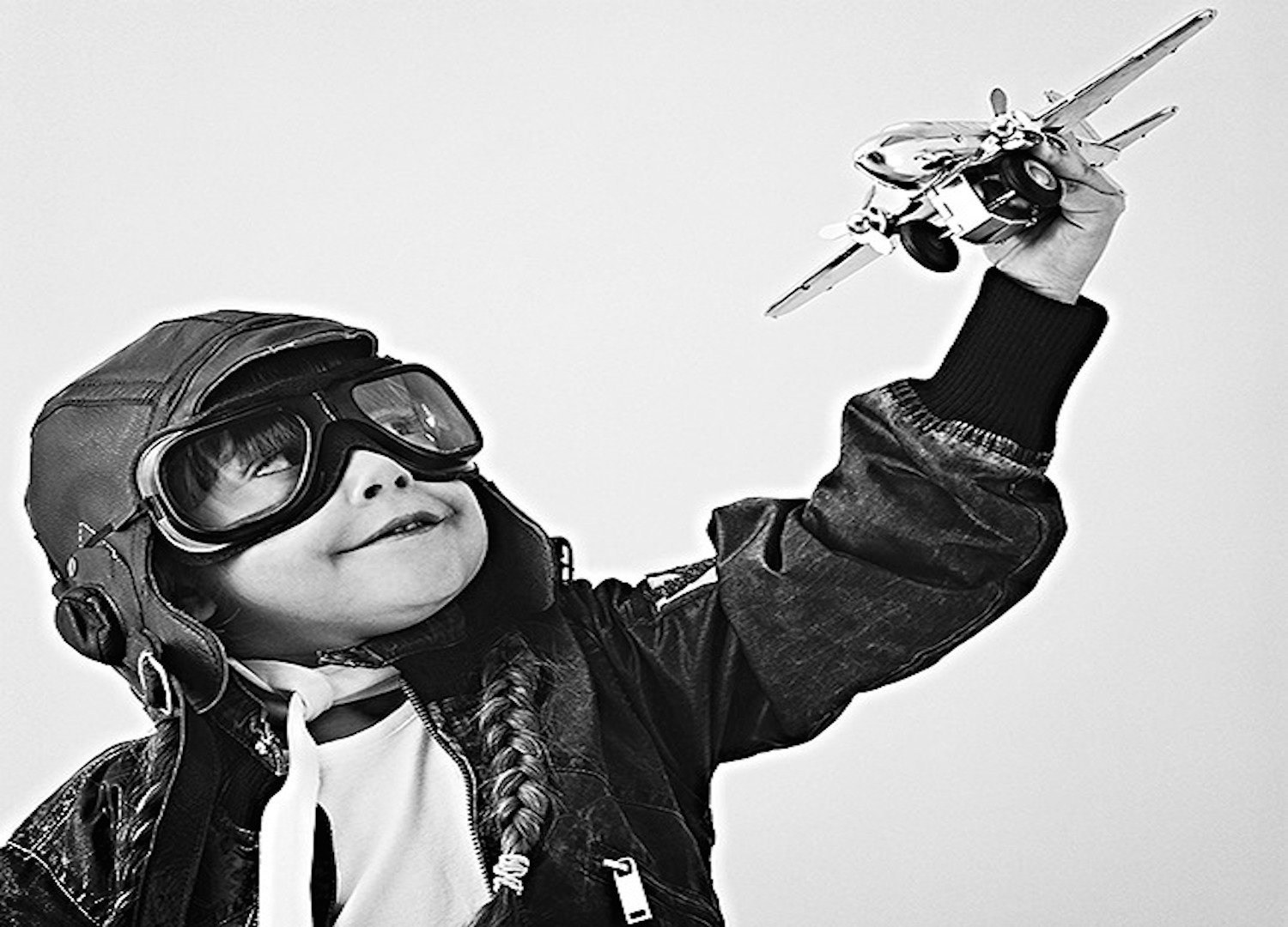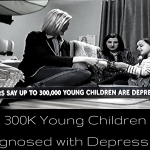This was my response to a post delivered by the wonderful Pamela Hope DeLuca-Price, who provided us with a quote from Osho:
“I am not going to teach you some new knowledge. I am going to teach you only a pure type of ignorance. When I say pure ignorance, I mean innocence. I mean a mind which is totally vacant, open. A mind that knows is never open: it is closed. The very feeling that ”I know” closes you. And when you feel that ”I don’t know” you are open: you are ready to move, ready to learn, ready to travel.” – Osho
My thought:
Ignorance as innocence. This is a high-level state of consciousness and I think it can quickly be misinterpreted because of Osho’s word choice. Perhaps he could’ve used a more accurate word than “ignorance” because of its inherent meaning. Perhaps “clarity is innocence,” but I understand his message. When you reach a certain consciousness level, you function stronger by intuition and connection to the source / universe / God. This state of existing doesn’t need to logically know everything, because there’s an almost automatic understanding of how things work in the world. The child, untainted by society’s limitations, possesses this type of consciousness. That’s why for a child, they’ll “naively” take a risk without fear and have awe of things around them. This is what’s meant by being as innocent as the child. Somewhere during life the adult loses this version of innocence; she becomes knowledgeable but also jaded and bitter. The goal is to become a wise adult while retaining the limitless consciousness of the child.
Looking into this phenomenon deeper, I believe we can track when that transformation takes place. We assume certain behaviors and mindsets to arrive with the onset of maturity. Being responsible. Accepting and learning from mistakes. Seeing the bigger picture. Becoming wiser with our priorities straight. But this emphasis on being “grown up” often overshadows some elements that need not “mature” in the sense we presume.
Firstly, imagination is infinite as is our mind, and as we age we experience social pressures that attempt to box this imagination in constraints with statuses and ranks. Here are some constraining questions:
- What do you do for a living?
- What’s your job title?
- What career do you want to have for the rest of your life?
- Are you an introvert or extrovert?
- Are you a bad boy or a nice guy?
- How much do you make a year?
- Why do you do that?
- Are you good or bad?
- Is it this or that?
- Are you this or that?
- You should do this or that
- You can’t do this
- You have to do that
Taking on roles and having levels can benefit our growth; they help us measure where we stand personally. But when you’re told what you can, cannot, should and should not be doing several times per day by elders, this mental imprinting can influence the susceptible growing child on the subconscious level. Eventually, that radical, wild, exploratory brilliance the child possessed becomes dulled with “realistic” expectations deemed realistic by adults who see the world through their own constraining perception. The world becomes an experience of figuring out how to survive rather than how to create something new. The foundations that stimulate a fertile mind are exchanged for rigid understandings and false precepts believed by the adults, because they experienced such limitations imposed upon them.
The message here is the adult does not have to lose the limitless potentiality of the mind just because puberty sets in and it’s time to pay bills or raise a family. The “real world” is not only a series of undertaking 9-5 jobs and hoping to retire at 65 (now 70?) to enjoy the rest of life. When the child grows into adulthood and retains that consciousness freedom, there are no limits to what can be accomplished in a lifetime.






